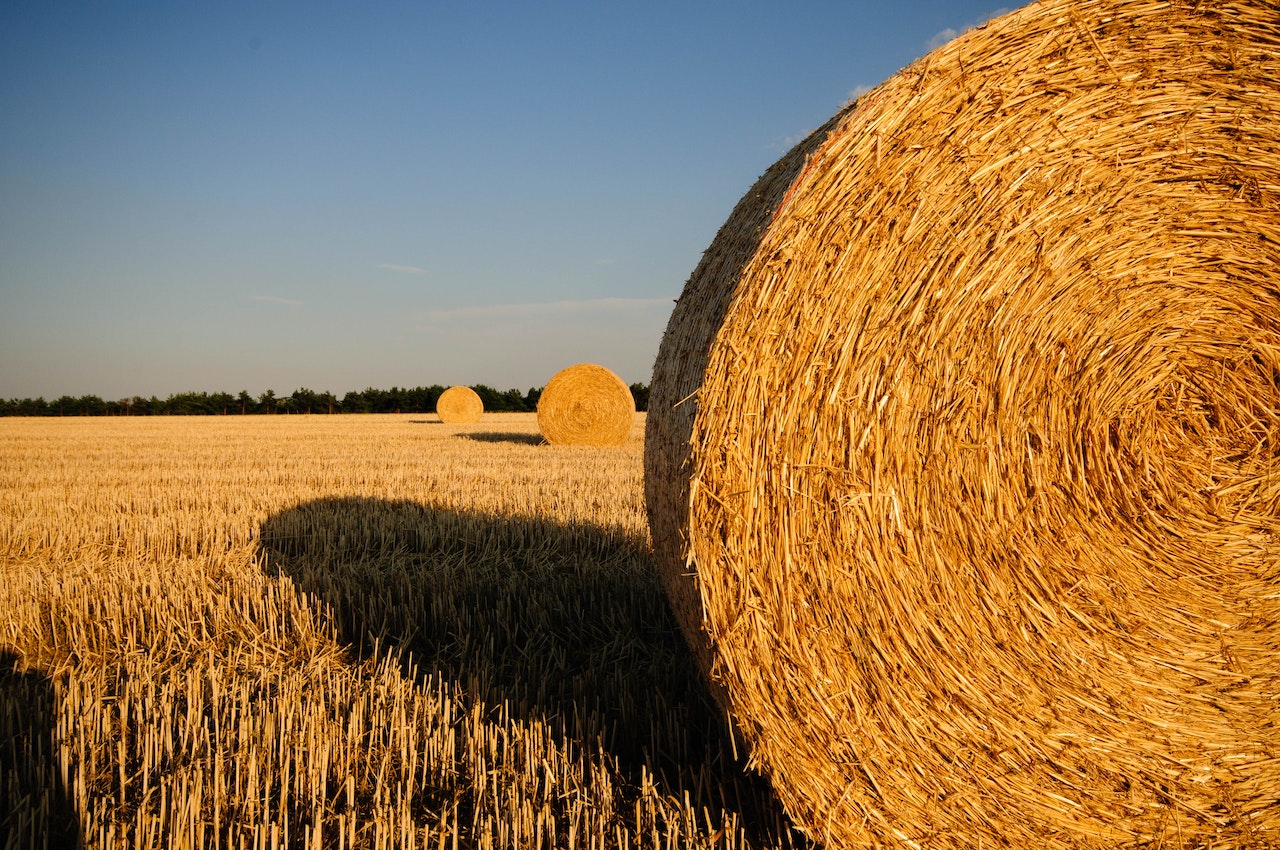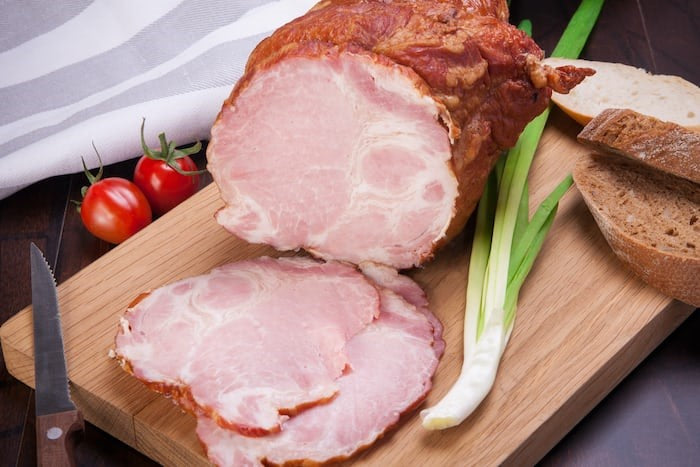
As you might be already thinking, pigs are omnivorous animals. Like humans, they can eat meat and vegetables. Carrots are one of the most common vegetables.
CAN PIGS EAT CARROTS
So, YES, pigs can eat carrots. They can eat it cooked or raw.
Carrots contain many vitamins and minerals that are essential for the growth and maintenance of your pig. However, there are certain reasons why pigs do not really eat a lot of carrots. Some of these will be discussed later in this article.

WHY SHOULD YOU FEED CARROTS TO YOUR PIGS?
As I mentioned earlier, carrots contain a lot of nutrients. Some of them include:
- Vitamin A
- Vitamin C
- Vitamin K
- Vitamin B
- Dietary fibers
- Minerals
- Biotin
- Lutein
All these nutrient elements play indispensable roles in the health of your pig.
BENEFITS OF ADDING CARROTS TO YOUR PIG'S DIET
The roles that carrots play in the body systems and physiology of your pigs cannot be overemphasized. They include the following:
- Improved eyesight.
- Improved reproductive health.
- Lubrication of bowels (intestines).
- Easier digestion.
- Improved cell integrity.
- Control of bleeding (blood clotting).
- An adequate supply of dietary minerals, etc.
Carrots and Improved Eyesight
Carrots are an excellent source of vitamin A, with one serving providing 184 % of your daily value. This is proof that carrots contain a high amount of vitamin A. In fact, carrots are known for their high levels of vitamin A.
As you might already know, vitamin A is crucial for the growth and maintenance of good eyesight in all animals, including pigs.
Furthermore, high exposure of your pigs’ eyes to sunlight affects their vision negatively. Therefore, if your pigs spend most of their days outside (under sunlight), you should consider adding carrots to their diets. This will ensure that their eyes are well protected from damage.
Carrots and Improved Reproductive Health
In the same vein, vitamin A improves the reproductive health of your pigs. It maintains the reproductive tracts, facilitates spermatogenesis (sperm production), and fosters oogenesis (ovum production).
A deficiency of vitamin A has generally shown blindness, reproductive failures, low growth rate, and incoordination, amongst others, in pigs.
Also, carrots have vitamin C. This vitamin has a lot of roles in the pig’s life processes. One of them is that vitamin C aids the absorption of iron from food. It also plays a role in reproduction.
Carrots and Digestive Health
As earlier mentioned, carrots are rich in dietary fiber. According to the United States Department of Agriculture (USDA), carrots contain about 2.8 grams of dietary fiber per 100 grams of carrots.
The roles of dietary fibers include:
- It helps in reducing the risk of constipation
Constipation is a medical condition that is characterized by difficulty in passing feces. The feces are usually hardened and dry. Sometimes, the strain to pass out the hardened feces by the pig may lead to bleeding in the rear end of the pig.
Therefore, if your pig shows signs of constipation such as the humped back, excessive straining to defecate, little hard balls of feces, etc., you should consider feeding more food with dietary fibers (e.g. carrots).
- Dietary fibers can increase satiety:
The fibers contained in carrots give your pig the feeling of satisfaction after eating them. This controls hunger in the pig.
- Dietary fibers stimulate gut health and increase visceral mass in pigs. They also help in the lubrication of the bowels during digestion. This facilitates the movement of food through the gastrointestinal tract with little or no discomfort to your pig.
- Some studies have shown that dietary fibers play an important role in the reproductive performance of pigs.
Carrots and Cellular Integrity
Antioxidants are nutrient elements that help in maintaining the integrity of your pig’s cells. Its main function is to prevent the accumulation of free radicals in the body's systems. Free radicals are molecules that are produced from the normal metabolic activities of animal cells. However, these molecules are dangerous when they accumulate. They basically cause disruption of the cell membrane, muscle degeneration, decreased immunity, and even cell death!
Luckily, carrots are rich in antioxidants. Therefore, feeding carrots to your pigs can help prevent a condition known as ‘oxidative stress,’ which is mostly caused by the accumulation of free radicals in the body.
Carrots and Blood Clotting
Pigs, like practically all animals, are predisposed to both minor internal and external bleeding. Even humans bleed internally every minute. Fortunately, a physiological animal has a rich supply of clotting factors that stop these minor bleeds before they even become noticeable.
The same story applies to your pigs. Therefore, you must feed them with foods that are rich in nutrients that facilitate the production of such clotting factors. An example of an important clotting factor is vitamin K. Carrots are rich in vitamin K.
If your pig shows signs of vitamin K deficiency such as prolonged bleeding (haemorrhage), bruising of the skin, bloody nose, vomiting of blood (from bleeding stomach and intestines), etc., you should consider adding carrots to their diets.
Carrots and Dietary Minerals
Carrots are rich in several minerals. They are calcium, iron, potassium, phosphorus, sodium, and magnesium, amongst others.
- Calcium and iron contained in carrots are necessary for the growth and maintenance of strong bones.
- Calcium, phosphorus, and magnesium ensure the development of strong teeth in pigs.
- Iron is a key part of hemoglobin (a molecule that carries oxygen in red blood cells) and myoglobin. Therefore, iron is needed for their synthesis.
- Calcium, magnesium, and potassium regulate blood pressure in some ways.
CONS OF FEEDING CARROTS TO PIGS
The major negative side of feeding carrots to your pigs is the high sugar content contained in carrots. According to the United States Department of Agriculture (USDA), carrots contain about 4.7 grams of sugar per 100 grams of carrots. This number is slightly on the high side for the ideal pig’s diet.

HOW SHOULD YOU FEED CARROTS TO YOUR PIGS?
Pigs can eat raw or cooked carrots. However, it should be noted that the carrots should be cut into small pieces (especially when served raw). This will prevent choking in the pigs.
Some people may also decide to feed carrot peels to their pigs. Not all pigs fancy this. However, it is perhaps the most nutritious part of carrots.
In conclusion, if you just want to start feeding carrots to your pigs, it is better to start small and gradually increase the ratio. You should also consult your veterinarian if you notice some undesirable changes in your pigs’ health.



